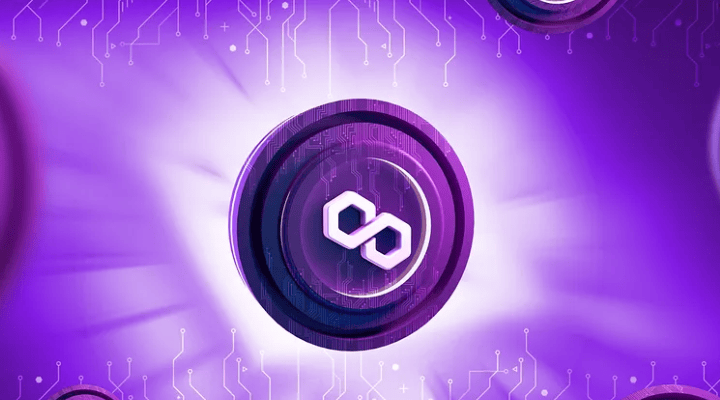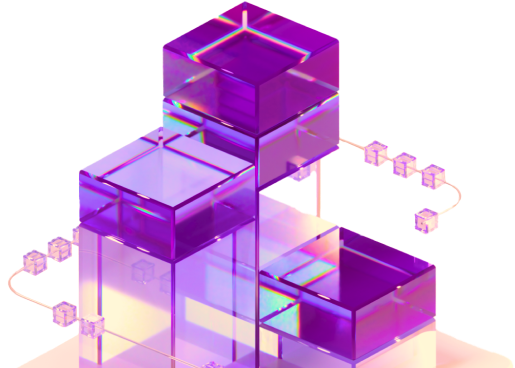In the rapidly evolving world of technology, blockchain stands out as a revolutionary framework, offering more than just the backbone for cryptocurrencies. This blog post delves into various blockchain platforms, such as Solana and TON (Telegram Open Network). We will explain their fundamental operations, distinguishing features, and potential applications. We will also share our perspective on these technologies, discuss their current transaction fees, and forecast their potential to reshape industries and redefine consumer roles.
Understanding Different Blockchain Types: Expanded Overview
Blockchain technology can be broadly categorized into three types, each serving distinct business needs and providing varying levels of accessibility, security, and decentralization.
Public Blockchains: These platforms, like Bitcoin and Ethereum, are completely decentralized and open to anyone who wishes to participate in transaction verification or mining. The most significant advantage of public blockchains is their robust security and transparency, making them ideal for applications that require immutable data records without the oversight of any single authority.
Private Blockchains: Operated by single entities, these blockchains offer privacy and are typically used within an organization to improve operational efficiencies, manage assets, and streamline processes with a high degree of control over access and permissions. Examples include Hyperledger Fabric, which is popular among enterprises for its modular architecture and capabilities for creating private channels.
Consortium Blockchains: A hybrid of public and private, these are governed by a group of organizations rather than a single entity. They combine the security features of public blockchains with the control of private blockchains, making them suitable for collaborative business processes among multiple stakeholders. An example is R3’s Corda, designed specifically for financial services to execute complex transactions with privacy and immutability.
Spotlight on Solana, TON Chain, and Ethereum:
Solana: Distinguished by its high throughput capabilities, Solana achieves speeds of up to 65,000 transactions per second thanks to its innovative Proof of History (PoH) consensus alongside the underlying Proof of Stake (PoS) mechanism. This efficiency makes Solana an excellent platform for decentralized applications (dApps) requiring fast execution, such as decentralized exchanges (DEXs) and gaming applications.
TON Chain: Developed to integrate blockchain technology with Telegram’s messaging ecosystem, TON Chain (Telegram Open Network) offers unique functionalities like fast transactions and user-friendly applications, supported by a robust, scalable infrastructure. Its main goal is to provide a seamless user experience for accessing decentralized services.
Ethereum: As the pioneer in smart contracts, Ethereum supports a broad range of decentralized applications. Despite facing issues with scalability and high transaction fees, Ethereum is transitioning to Ethereum 2.0, which aims to address these challenges through a shift to Proof of Stake and introducing sharding to improve transaction processing capabilities.
Each blockchain platform brings distinct advantages to the table, catering to specific industry needs and operational requirements. Solana offers unparalleled speed, Ethereum provides robust smart contract functionality, and TON Chain focuses on enhancing user experience and integration with existing social media infrastructure.
These diverse blockchain architectures highlight the versatility and expansive potential of blockchain technology across various sectors, driving innovation and redefining traditional business models.
Real-World Application Example: Expanded Details
Consider a decentralized finance (DeFi) application built on Solana, which is capable of processing thousands of transactions per second at a fraction of the cost compared to traditional Ethereum-based services. This DeFi application could revolutionize financial access for individuals in underbanked regions by providing them with services such as micro-loans, insurance, and savings programs that were previously inaccessible. For instance, a farmer in a developing country could leverage this application to obtain loans based on future yields, secured and managed entirely through smart contracts on Solana’s high-speed network.
Unique Features and Opportunities: In-Depth Analysis
Scalability: Solana’s architecture, which incorporates both Proof of History (PoH) and Proof of Stake (PoS), supports an environment where applications can operate at unprecedented speeds, thus handling the burgeoning demand of enterprise-level applications and millions of simultaneous users worldwide. This scalability makes blockchain technology more practical and appealing for large-scale operations in sectors such as finance, healthcare, and e-commerce.
Interoperability: As blockchains evolve, there is a growing emphasis on interoperability to allow seamless transactions and interactions across various platforms. Projects like Polkadot and Cosmos are pioneering in this space, creating ecosystems where different blockchains can communicate. This interconnectivity enhances the functionality of blockchains, allowing for a more integrated network of services, from transferring assets across blockchains to leveraging disparate data sources in decentralized applications.
Sustainability: The environmental impact of blockchain technology, particularly that of systems using Proof of Work (PoW) like traditional Ethereum, has been a critical concern. The shift towards PoS blockchains like Solana represents a significant move towards sustainability. PoS mechanisms drastically reduce the amount of electrical power needed, lowering the carbon footprint of blockchain operations. This sustainable approach not only aligns with global environmental goals but also appeals to a growing segment of eco-conscious investors and users.
Our Perspective: Comprehensive Viewpoint
While Ethereum pioneered the smart contract landscape, its scalability challenges and high gas fees have prompted the development of alternatives like Solana, which offer significant improvements in transaction speed and cost efficiency. These features are crucial for applications requiring rapid processing capabilities, such as real-time trading platforms and interactive gaming experiences. However, choosing the right blockchain should consider the specific requirements of the project, including security features, the developer ecosystem, and potential integration with other technologies.
Blockchain technology, particularly with innovations in scalability, interoperability, and sustainability, is poised to expand its influence beyond traditional sectors, facilitating new economic models and opportunities. As blockchain continues to evolve, its integration into various industries is expected to increase, offering more streamlined, secure, and sustainable solutions that could transform global business practices.
Forecasting the Future
The future of blockchain technology appears robust, with innovations likely to continue at a rapid pace. As blockchains evolve, we expect them to play pivotal roles in digital identity verification, supply chain management, and beyond. This evolution will not only change how companies operate but also elevate the role of consumers from passive participants to active, empowered stakeholders in their data and transactions.
Conclusion
Blockchain technologies are more than just platforms for cryptocurrency; they are gateways to a more transparent and efficient digital future. As we look forward, it is clear that the blockchain sector will continue to innovate and expand, offering new solutions that challenge traditional business models and empower consumers like never before.
By understanding and leveraging the unique capabilities of different blockchain platforms, businesses and individuals can unlock unprecedented opportunities in the digital age.

 English
English
 Deutch
Deutch
 Espanol
Espanol
 Francais
Francais
 Portugues
Portugues
 日本
日本
 한국인
한국인
 Türk
Türk
 Русский
Русский
 Tiếng Việt
Tiếng Việt

